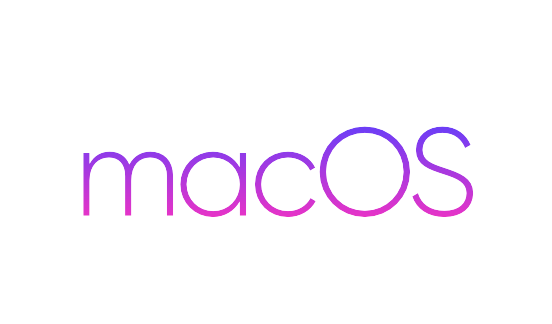To explain the importance of cloud-based email and the ability to access your messages and sensitive information from anywhere, look no further than the COVID-19 pandemic and the global trend towards remote work.
Since most of the developed world uses email to interact with their colleagues, vendors, customers, suppliers and more to perform their duties and run a company, we don’t need to tell you the value of email and communication.
The issue now arises as to where to deploy the vital business application.
In comparison to in-house email servers, cloud-based email platforms allow companies to quickly deploy essential business communication applications with minimal technological support and no burdensome upfront capital costs.
If your company invests but is increasingly growing in an on-site email server and needs to add space, then you have to spend on updating and maintaining the hardware.
What is a cloud-based email?
Cloud email provides you with robust email tools and provides you with internet access to them. With cloud-based email hosting, your email client is served by a provider and is like every other cloud-based service you already use. Think of a film streaming service that you pay for but designed to help you connect and run your company instead.
The provider also provides the required security, technology, and maintenance, in addition to providing you with the resources you need to receive, send, and store email messages. In order to host your email solution, you simply use their service.
What are the benefits of investing in cloud-based email?
There are several good reasons for switching to cloud-based email, but for most small businesses, the major drivers would be:
Streamlined Administration
Cloud-based email simplifies the email system management. You won’t need to worry about version control problems or maintenance problems that may arise when you switch to a cloud-based email system. Cloud-based email, as with all web-based software, simplifies the administrative needs.
Improved Security
Cloud-based email services are impressively secure if the users follow good basic security policies, look after their devices and use strong passwords for entry. In fact, it is safe to assume that the servers of Microsoft or Google have better physical protection, operate on more stable networks, and are updated more regularly than the mail servers you might find, let alone small businesses, in most corporate environments. You couldn’t ask for more reliable emails with data encrypted when in transit between you and them.
Backup and Disaster Recovery
Most of us have some knowledge of being sent to the recycling bin by email we didn’t want to delete, although the loss of email due to hardware failure, fire, flood or theft can be devastating. Your mailboxes can be backed up through several physical servers and locations with a good cloud-based service, while even lost mails are not instantly junked from the servers. Combine this with the flexibility of cloud-based services, and your email problem is no longer a bigger issue for your business.
Remote Strategy
You can give your remote workers access to their emails from wherever they are by switching to cloud-based email, making them more efficient. A big change that is happening in many industries right now is a drive for a more mobile/remote workforce. It is possible to access cloud-based email from anywhere. All you need is a connectivity to the Internet. Many remote employees enjoy easy remote access to their emails.
Flexible Scalability
As your business expands, in-house email servers will scale up, given you’ve designed them with the overhead to do so. You could be looking at risky new investments if they don’t, or if they hit their limits. However, with cloud-based services, the email distribution will expand as the business grows; adding another user is all it takes. When a company is growing, this isn’t just good news, but even when it needs to be versatile. You can only pay for what you use if you take on workers temporarily or need to make cuts later.
Savings in Expenses
Maybe you don’t think the old server sitting in the corner costs you anything, but it’s going to cost you money to retain and money to upgrade, with extra expenditures for software upgrades or client access licences, not to mention network infrastructure. Then there is the cost of powering it, which can be mounted in an older, less powerful box. With cloud-based email, with a simple subscription charge per account, such recurring costs and any initial capital spending on new hardware can be replaced by predictable operating costs. This results in lower costs in the vast majority of cases overall.
Consider Office 365
In a cloud-based email, Microsoft is not the only big name, but it’s arguably the biggest. Office 365 provides you with a market-leading 50 GB of storage per user for email, calendar and contacts, with lowest prices. You can customise it to work with your own domain name, and it is simpler to add accounts, control mailboxes and keep a watchful eye on your company email with Microsoft’s Web-based management panels. And Office 365 works great with Windows 10 PCs, laptops and tablets, plus Windows 10 Mobile phones, Mac OS computers, iPhones, iPads and Android mobile devices can also work hand-in-hand, with almost no modification needed.
Yet the best aspect of using Office 365 is that you invest in an all-round kit of superb value. You can start with email and gradually shift towards a more cloud-based approach to IT with a choice of online or full desktop Office apps, 1 TB of OneDrive cloud storage and Skype for Business and Yammer collaboration tools. Changing to Office 365 will change the way you treat email, but that’s only the beginning of how the organisation will be changed.
Cloud-based email solutions offer better security, reliability, convenience and can help support your remote work operations.











